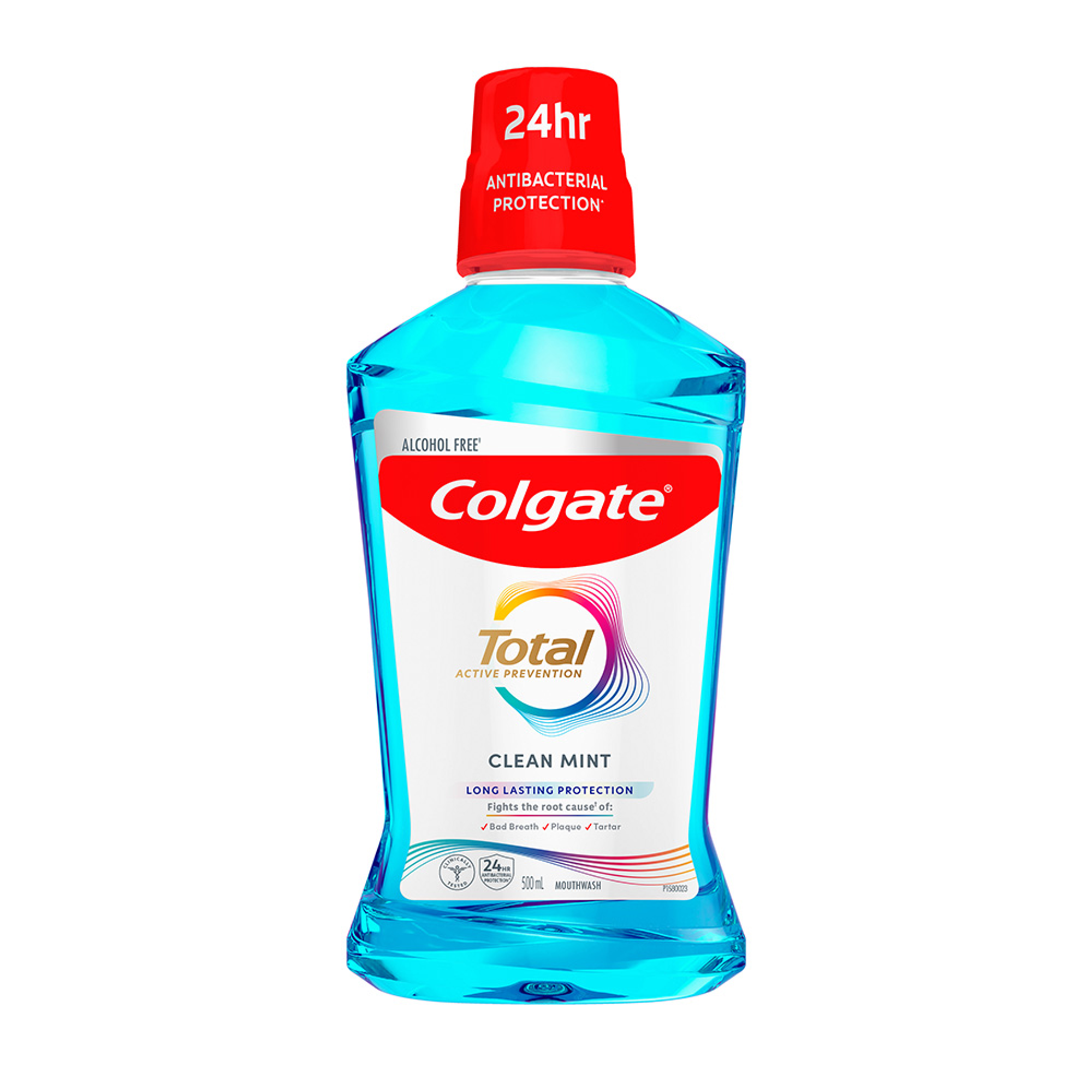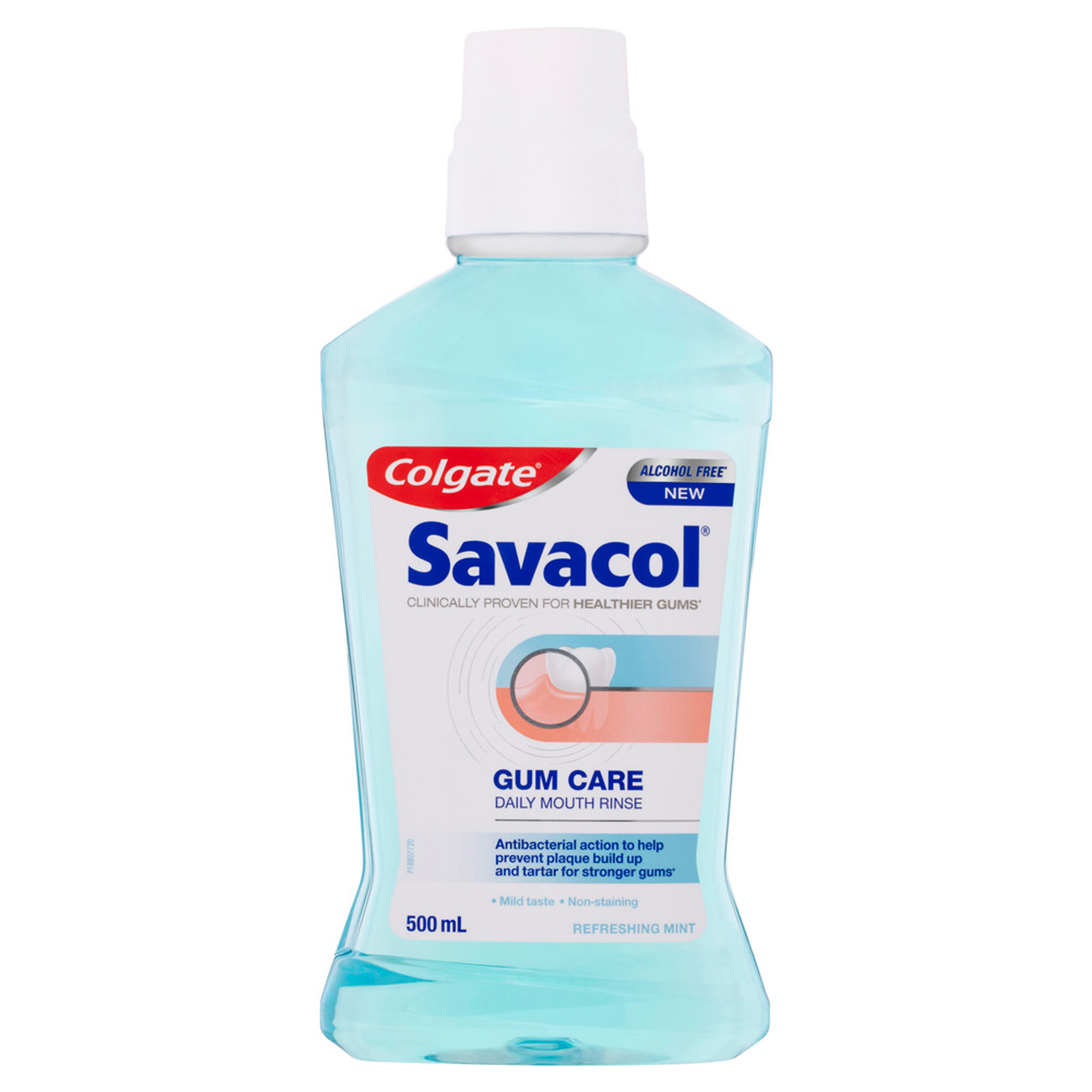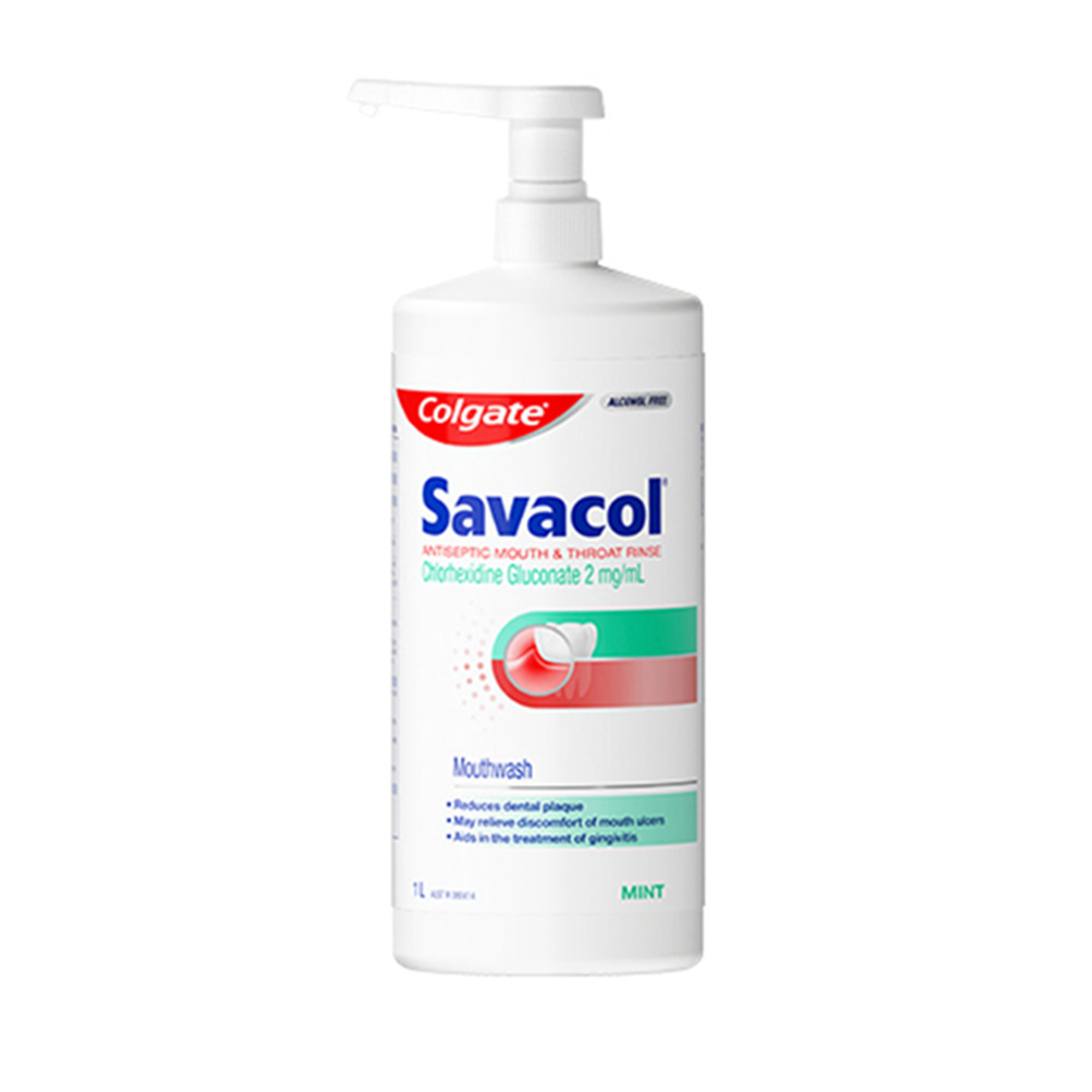
Whānau (Family) approach - not one size fits all. Addressing patient needs is important but so is focus on improving the well-being of the Whānau as a group. Te Whare Tapa Whā model of Māori well-being and the Fonofale model describe individuals as part of wider social systems from which they find support and strength but more importantly are connected to their sense of well-being. Our oral health workforce is largely non-Māori and non-Pacific which can contribute to cultural barriers. Practicing cultural safety principles from an undergraduate level allows you to self-explore outside the boundaries of cultural awareness and cultural sensitivity. Acknowledge cultural beliefs and practices to tailor your oral health messages, give information, perform treatment and provide continuity of care. The main idea of cultural safety is to empower patients and their families, to be able to express their concerns as well as recognising the power relationship. Understanding the fundamentals of this approach can help you offer your patients some simple and cost effective ways to look after their teeth. Looking after one's teeth begins at home, with the appropriate products and a good routine. To maintain good oral health dental services provide routine care, preventative care, restorative care and rehabilitative care.
1. Dental services
Dentistry in Aotearoa is either publicly or privately funded. Routine dental care is available to all children up to the age of 18 free of charge. Contracting dentists are able to provide emergency treatment or treatment that is referred by dental/oral health therapists under the special dental benefit scheme. The adolescent dental scheme covers dental treatment from year 9 to the child’s 18th birthday excluding specialist treatment such as orthodontics. The 0800 TALK TEETH can provide further information about the community oral health service for children.
Public hospitals and community clinics can provide relief of pain services for low income adults who can not access care privately. This requires a community services card. Work and income may also assist with funding for dental care. Dental clinics are now also providing a range of subsidised payment options, finance and promotions.
Whānau-centered care is accessible at Māori and Pasifika oral health providers. This unique service offers a range of health services including dental care such as Te Puna Hauora, Turuki Healthcare and The Fono (based in Auckland). More information can be found on https://www.maorioralhealth.org.nz/mohproviders and https://healthify.nz/hauora-wellbeing/p/pasifika-health-providers/. Providing information on dental services can help improve access to oral health care. It may also help in referring patients to some of the services on offer such as mental health services, nutrition, disease-state management and healthy lifestyle services.
Mobile dental units are also available and include the Tooth Group, Dental Planet and Lumino who offer dental services to adolescents in Auckland.
Student clinics offer a range of services that can be accessed by the public. An example is the AUT integrated health which is an interprofessional healthcare provider. Different services work together to maintain overall health and well-being.
2. Regular dental checks and hygiene
Prevention of dental diseases is the most cost effective way for families to look after teeth. Educate patients about the importance of regular dental check ups and maintenance hygiene which should be provided at least twice a year. A full mouth assessment can tell you what needs to be done urgently such as dealing with pain/infection or swelling and what is less urgent. Detection of dental problems at an earlier stage is related to more cost-effective solutions. Since cost of travel is a known barrier for families to access oral health services, where applicable organise appointments for families to reduce the number of visits. If you are treating an individual and you see they have brought in their family member or children, have a conversation about whether they have had a dental check up recently, if not, book them in. Fit in as much as you can in an appointment - within reason. Have discussions with the individual and their families on what works for them and communicate this with reception staff for future bookings. Use text or call reminders to connect with families before the appointments. For those unable to access public transport or who have mobility issues the Total Mobility Scheme can provide support for eligible people.
3. Set Hauora (wellness) goals
Te Whare Tapa Whā model can also help individuals and their family set goals related to physical health- Taha Tinana, mental Health - Taha Hinengaro, spiritual health - Taha Wairua and family health- Taha Whānau. Living healthy lifestyles and holistic health focuses less on the treatment of the disease and more on the traditions of wellness practice and disease prevention.
Online resources can help get patients started on their wellness journey. For example https://sorted.org.nz/tools/goal-planner, https://tepuna.org.nz/clinicalservice.php?id=10&page=healthy-lifestyles-services and https://turukihealthcare.org.nz/aronuiservices/. The goals can be used to plan for a wellbeing journey or oral health goals. Moreover, it can help connect oral health to general health.
4. Financial Planning
Budgeting services can be a great start to planning for health-related costs such as dental check ups and treatment. Here are some resources that you can refer your patients to so they can start developing a budget plan. https://tepuna.org.nz/communityservice.php?id=3&page=budgeting-service https://sorted.org.nz/tool/budgeting-tool#/welcome.
Here are a couple of tips:
- Bulk buying - keep an eye out for what’s good to buy in bulk such as multi-pack toothbrushes or value-pack toothpaste. It saves time and money as well as being environmentally friendly as it requires less packaging.
- Set aside a health fund - save something each week
5. The right steps every day
Best practices for healthy teeth:
To remove germs and plaque accumulation brush twice daily with a pea-sized amount of fluoridated toothpaste, 1000-1450 PPM, spit out toothpaste and avoid rinsing. Your oral health professional may even suggest a high fluoride toothpaste such as Neutrafluor 5000 to help strengthen your teeth.
Be mindful - Brushing should be 30 seconds each quadrant and 2 mins in total. Start in one area and brush 2 teeth at a time.
Treat flossing as being as important as brushing - if flossing is difficult ask your oral health professional how to floss. There are different types of floss that can make flossing easier.
Brushing the tongue is important
Drink more water
Don’t underestimate the effect of a healthy balanced diet on your teeth and gums. It’s a game changer
See your dentist every year for annual check ups
Koopu, P., & Boyd, D. (2009). Oranga niho- Te Wero: “Oral Health - The Challenge”. Best Practice Advocacy Centre New Zealand, 22, 6-23
Mana. (n.d.). The Fonofale Model of Health. Mana Services Aotearoa Limited. Retrieved from https://manaservices.nz
Ministry of Health. (2017). Māori health models – Te Whare Tapa Whā. Retrieved from https://www.health.govt.nz/our-work/populations/maori-health/maori-health-models/maori-health-models-te-whare-tapa-wha
Nursing Council of New Zealand. (2011). Guidelines for cultural safety, the Treaty of Waitangi and Māori health in nursing education and practice. Wellington, NZ, Nursing Council of New Zealand.
Christine Murthi is an Oral Health Therapist. She also has teaching/tutoring experience spanning more than ten years. Through this teaching experience combined with her diverse cultural background she has developed a passion for connecting with the community and students. Recently she joined Auckland University of Technology as a clinical educator. She is also currently working on her Masters in Health Science qualification. As a member of the Colgate Advocates for Oral Health: Editorial Community, her contributions to the dental community aim to highlight the importance of preventative care and strengthening this with oral health education.
Join us
Get resources, products and helpful information to give your patients a healthier future.
Join us
Get resources, products and helpful information to give your patients a healthier future.











